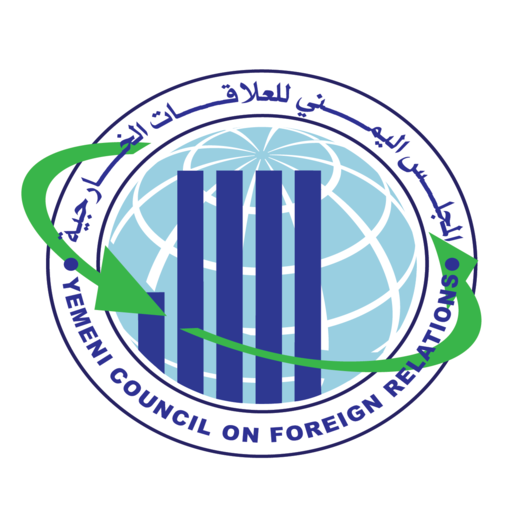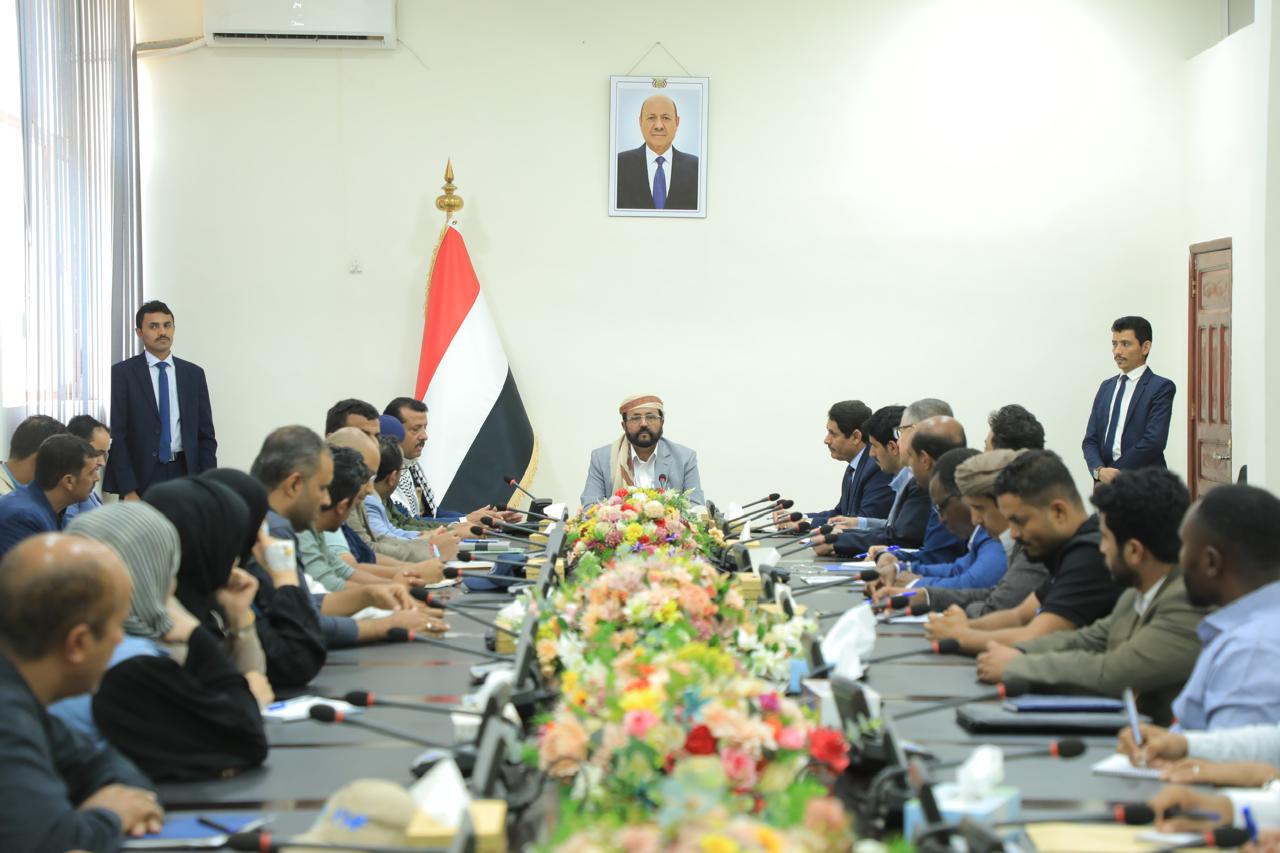Source: Saba News Agency
Major General Sultan Al-Arada, Presidential Leadership Council Member and Governor of Marib, chaired an extensive meeting on Thursday with directors and representatives of several international and local organizations operating in the relief and humanitarian field. Officials from relevant executive offices, including the Executive Unit for IDP Camps Management in Marib Governorate, also attended the meeting.
The meeting, attended by the Deputy Governor, Dr. Abdurrabu Miftah, discussed the challenges of the humanitarian situation and the worsening crisis in the governorate. The crisis is exacerbated by the ongoing war, climate change, economic deterioration, and the decline in humanitarian partners’ interventions due to significant funding shortfalls from donors. The meeting also aimed to strengthen the humanitarian partnership between the local authority and humanitarian partners to address the humanitarian crisis in the governorate, which hosts more than 62 percent of Yemen’s internally displaced persons (IDPs).
During the meeting, Al-Arada praised the humanitarian interventions of international and local organizations in supporting the local authority to meet humanitarian needs and alleviate the suffering of IDPs and the host community. He pointed out that the current situation requires enhanced partnerships and expanded interventions in the governorate to face the challenges posed by the continuous influx of IDPs due to the escalation of violence, forced displacement, and terrorism perpetrated by the Houthi militia.
Al-Arada highlighted the importance of UN and international organizations incorporating the humanitarian response plan launched by the local authority last month into the 2025 Yemen Humanitarian Response Plan. He emphasized considering the massive displacement to Marib, which has received and continues to host the largest number of IDPs in the country. He also stressed the need to address the humanitarian situation of IDPs and the host community, the difficult living conditions resulting from the economic crisis, and the decline in humanitarian partners’ interventions across various sectors.
The PLC member affirmed that the government and local authorities would continue to provide all necessary support, assistance, and facilities to UN, international, and local organizations and partners in humanitarian and development work. He stressed the importance of transitioning from emergency humanitarian interventions to recovery, community empowerment, sustainable development, and strengthening institutional capacities to provide basic services and respond to the needs of IDPs and the host community.

